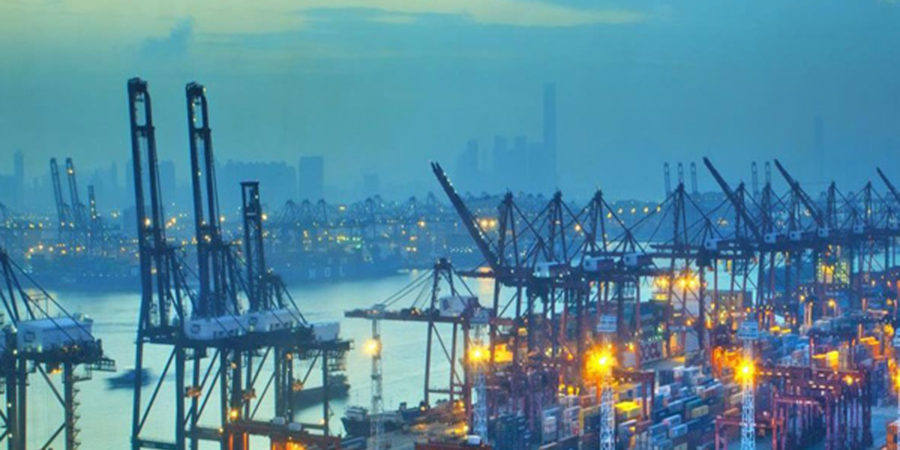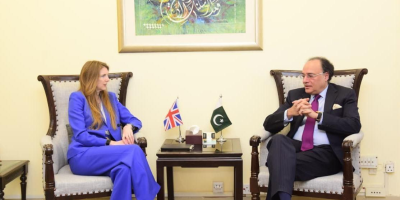Nepal, Pakistan withdrawal from Chinese projects may hamper ‘One Belt and Road Initiative’

VICTORIA CITY, (DNA) Given the recent withdrawal of the governments of Nepal and Pakistan from two separate projects with China, its direct impact may hamper the financial credibility of the latter, thereby creating a blockage “One Belt and Road” (OBOR) initiative, according to award winning financial journalist Peter Guy.
Guy’s column, which appeared in the South China Morning Post, stated that unless China reviews its developmental financing strategy, the need for a sovereign guarantee will persist as the Belt and Road expands. Demanding sovereign guarantees in a non-transparent bidding process only arouses suspicions of corruption, he added.
The analysis goes on to say unless China decides to give away multibillion-dollar power generation systems, it will begin acting like a rational financier and demand sovereign guarantees on power off take agreements to support the loans.
The analysis comes in the wake of the government of Nepal‘s decision to abandon the USD 2.5 billion deal to build the Budhigandaki Hydroelectric project dam with the Chinese state company, China Gezhouba Group.
Furthermore, last week, Pakistan too decided to back out of the USD 14 billion worth Diamer-Bhasha dam with China, refusing to accept the deal’s conditions. The project, however, will go ahead, with Pakistan funding the project, which is estimated to generate 4,500 megawatts (MW) of hydropower.
This adds up to two important projects being cancelled one after another, thereby posing a financial obstacle before China’s OBOR plan, both due to unacceptable terms on behalf of China.
To this regard, Guy suggests that for massive power projects, the deals represent a sale of generation equipment as well as infrastructure construction. Developmental bankers say that while many recipient countries will do these deals without a sovereign guarantee, China, as a sovereign has realised that they cannot, he further noted.
The author goes on to suggest that the concept of public tender to finance such projects be put out. This would ensure full transparency of the adequacy, suitability and quality of the Chinese equipment being used.
According to Guy, investment in infrastructure cannot be analysed as investments in the conventional financial sense, as they are not credit by the post second world war Marshall Plan or loans, grants made by the International Bank of Reconstruction and Development to war torn European countries, one of the World Bank institutions.
Further, he said the deployment of tens of thousands of Chinese workers to install Chinese equipment is a setback to the employment of locals, which leads to significant political fallout.
The former World Bank Group officer concluded that the Belt and Road Initiative looks good until each country closely examines what their financial commitment to receive infrastructure.
Related News

Finance Minister Discusses Economic Reforms and Regional Economic Outlook with British High Commissioner
ISLAMABAD, MAR 5 /DNA/: Federal Minister for Finance and Revenue, Senator Muhammad Aurangzeb, held aRead More

Pakistan condemnsIndia-Canada nuclear pact
Pakistan reiterates that civil nuclear cooperation must be governed by a non-discriminatory, criteria-based approach applicableRead More


Comments are Closed